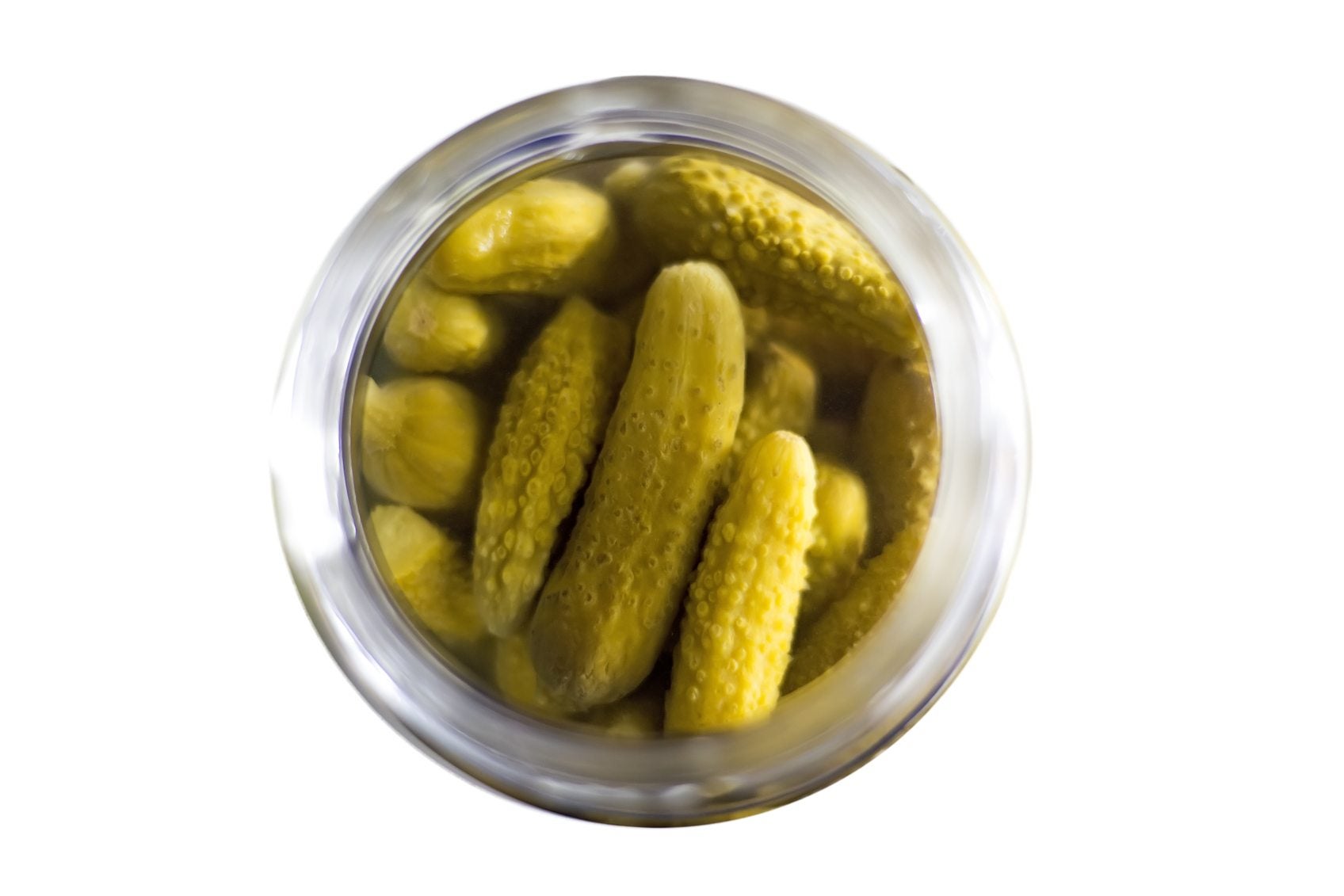Can I Compost Pickles: Information On How To Compost Pickles


“If it’s edible, it’s compostable.” – Almost anything you read about composting will say this phrase or something similar like, “compost any kitchen scraps.” Oftentimes, a few paragraphs later come the contradictions such as don't add meat, dairy, pickles, etc. to your compost pile. "Aren't meat and dairy products edible and common kitchen scraps?" you may sarcastically question. While it is true that any edible kitchen scraps can be added to the compost pile, there are also logical reasons why some things shouldn't be thrown on the pile in large amounts, like pickles. Continue reading to learn about safely composting pickles.
Can I Compost Pickles?
Certain items, like meat and dairy, can attract unwanted pests to compost piles. Other items, like pickles, can throw off the pH balance of compost. While the cucumbers and dill used in pickles can add great nutrients (potassium, magnesium, copper, and manganese) to a compost pile, the vinegar in pickles can add too much acid and kill beneficial bacteria. Pickles also usually contain a lot of salt, which can be harmful to many plants in high concentrations. Store-bought pickles are usually made with a lot of preservatives that can make them hard to break down in a compost pile. On the other hand, vinegar can deter many pests. It is also a natural weed control because of its high acidity. Apple cider vinegar contains many valuable nutrients that can benefit the compost pile. Many pickles are also made with garlic, which can also deter pests and add valuable nutrients. So, the answer to the question, “Can pickles go in compost?” is yes, but in moderation. A good compost pile will contain a wide variety of compostable materials. While I wouldn’t recommend dumping ten full jars of pickles in a small compost pile, a few leftovers here or there are perfectly acceptable.
How to Compost Pickles
If you do put a large number of pickles in compost, balance the pH by also adding lime or other matter that will add alkalinity. Compost with store-bought pickles in it may also benefit from adding yarrow, which is a plant that can help speed up decomposition in compost piles. There are also store-bought products you can buy specifically made to help compost break down. Many people who add pickles to compost recommend removing the pickles from the pickle juice and rinsing them off before adding them to the compost pile. You can set this pickle juice aside to use as a natural weed killer or keep it in the fridge as a remedy for leg cramps. Other experts on compost recommend putting the pickles, juice and all, in a blender to make a purée before adding them to the compost pile so they will break down faster and mix in better. Just remember to use a variety of things in your compost pile and, when using highly acidic items, balance the pH with alkaline.
Sign up for the Gardening Know How newsletter today and receive a free copy of our e-book "How to Grow Delicious Tomatoes".

Darcy is a former contributor to Gardening Know How. She is a professional landscape designer and gardening writer with experience in plant sales. An avid gardener, Darcy has a passion for sharing practical tips to help others grow.